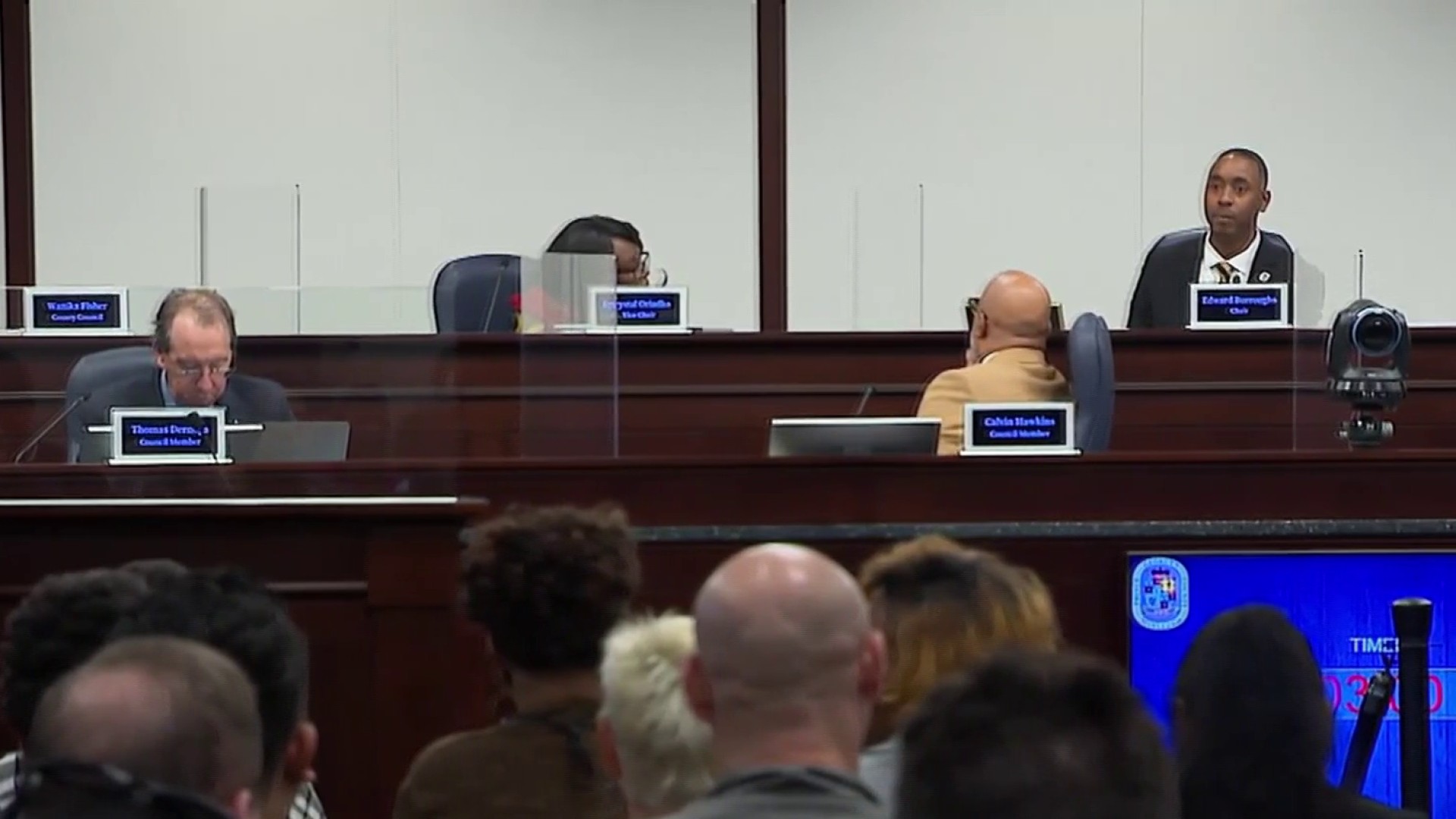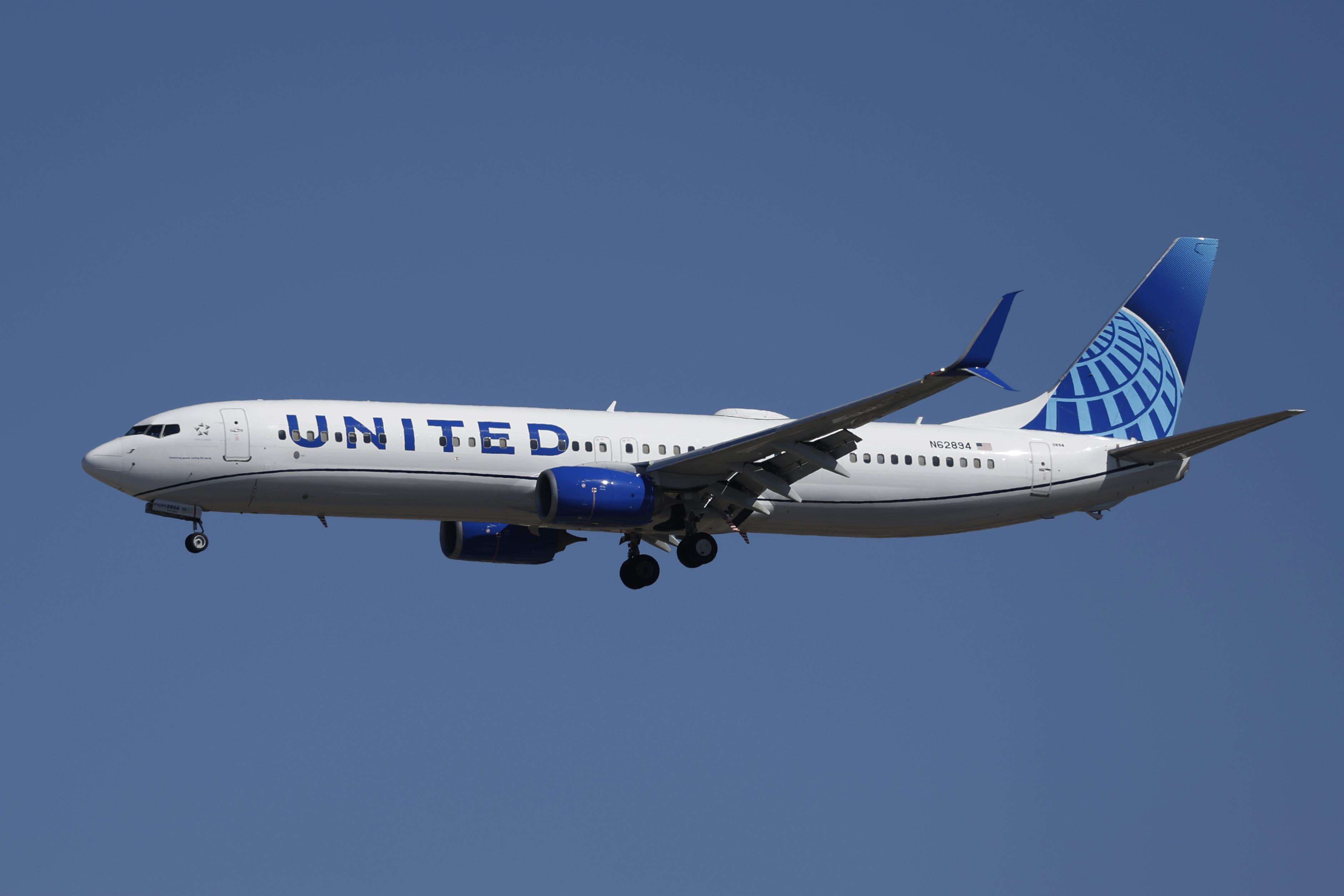The D.C. Metropolitan Police Department is doing a big campaign to let the city’s youngest residents know that if they’re out on the streets just one minute past midnight this summer, they’re in trouble.
Posters asking “Are U In?” warn that it’s breaking curfew for anyone under 17 to be on “the street,” in “the common area of an apartment building,” on Metro, or on “the premises of any private business (such as a movie theatre or store).”
The grammatically challenged campaign also uses the even less comprehensible tag line, “Are U N” -- which seems like it’s promoting Model United Nations programs. MPD has also created an unintentionally hilarious video to spread the word about staying at home:
Curfew violators may be sentenced to perform up to 25 hours of community service (to be carried out before nightfall, I suppose). Parents or legal guardians making the decision that their charge has a reason to be out past curfew can be fined up to $500.
During summer months, the curfew is one hour less oppressive than during the school year, but that does not change the fact that it is a violation of citizens’ rights. Rich Jahn, of the National Youth Rights Association, points out that “curfew laws directly remove the right to assemble in public, and many times even on private, property.” The U.S. Supreme Court has never heard a case on the matter, but lower courts have been divided, with some seeing curfews as unconstitutional.
Jahn notes that while “general curfews have often been imposed as a response to an emergency,” these “usually were implemented only a few days to a few weeks. The key difference is that they are intended from the start to be temporary, whereas youth curfews are intended to be permanent.”
Local
Washington, D.C., Maryland and Virginia local news, events and information
Youth curfews are also clearly discriminatory, selecting a single class of individual. MPD says D.C.’s law “was set up to protect the health and safety of young people and our communities.” It’s safe to conclude that, yes, keeping those under 17 inside at night keeps them from being the victims of crime. And if the city banned gays from going out after midnight, there’d be less gay-bashing; if women were locked down, there’d be fewer rapes.
What about protecting citizens from youth crime? Curfews don’t do that. A 1999 study of California curfews concluded that “there is no support for the hypothesis that jurisdictions with curfews experience lower crime levels, accelerated youth crime reduction, or lower rates of juvenile violent death than jurisdictions without curfews.” Moreover, after San Francisco essentially eliminated curfew enforcement, “juvenile murders declined 50 percent, property crimes reported to police declined 36 percent, and violent crimes reported to police declined by 41 percent.”
On June 1, the D.C. Council took up a bill by Tommy Wells that would have moved the curfew back to the laughably early 10 p.m. Councilmembers Mary Cheh and Harry Thomas Jr. called on Wells to offer real evidence that curfews reduce crime. He was unable to do so, and the measure failed by one vote.
It’s nice to know that, in keeping with political rhetoric dating back to time immemorial, someone really is thinking of the children.



